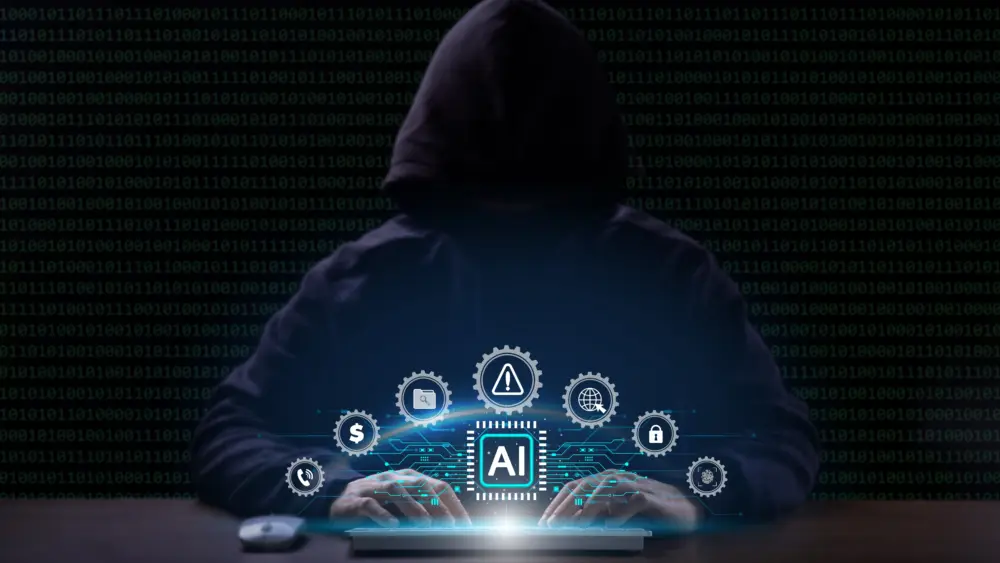The poster child for the Dark Web was Silk Road, a black market e-commerce site run by “Dread Pirate Roberts.”
Last month, I introduced you to the Dark Web, which is really just a group of servers (usually running specialized software called Tor) that preserves your anonymity. On the regular Web, it’s possible to see where you bank (messages are traceable) even though your bank balance is secure (messages are encrypted when using HTTPS). Tor–and software like it–makes Web activities untraceable.
Why do people want to be anonymous on the Web? Well, some people are true believers in privacy, convinced what they do online is no one else’s business (regardless of whether that activity is totally benign or deeply criminal). Some people use it to buy and sell illegal materials, most commonly drugs. Some people, like journalists, whistleblowers and spies, need truly secure, untraceable communication channels. Like most technologies, the Dark Web can be used for good or for evil. For example, a prepaid cellphone can be a godsend for people who can’t afford $40 per month for a regular service plan, but it can also be used as a “burner phone” by criminals.
Of course, anonymity goes out the window if you’re buying drugs (legal or illegal) with your MasterCard, but the rise of “crypto-currencies” like Bitcoin has made anonymous e-commerce possible (I wrote about Bitcoin in my June 2013 column). Bitcoin, like cash, is anonymous, so if you buy Bitcoins using cash, you’re pretty much assured of being anonymous when you buy something with them. Of course, that means finding a place that will take cash and issue you Bitcoins. For that, you can use LocalBitCoin.com. For example, “GreenGopher” a Bitcoin seller, will meet me in a Sebastopol coffee shop about five miles from my house, take my cash (from $500 to $5,500) and issue me Bitcoin in return (for a 4 percent fee, included in the price). They’ll even set up the necessary Bitcoin wallet software on my smartphone, and they have a 100 percent rating. What could be simpler?
LocalBitCoin.com can also be used to locate sellers who accept other forms of payment, like MasterCard. Of course, that payment could, in theory, be traced back to you, but it’s more convenient than schlepping to the local Starbucks with a pocket full of Benjamins. The possibility of robbery is one of the reasons to meet in a public location during daylight hours if you’re buying your Bitcoins for cash.
The poster child for the Dark Web was Silk Road, a black market e-commerce site, run by “Dread Pirate Roberts” (a nod to the mysterious character by that name in “The Princess Bride”). I say “was,” because the site, which opened for business in February 2011, was closed down by the FBI in October 2013. Ross “Dread Pirate Roberts” Ulbricht was also arrested and has since been sentenced to life in prison. In its heyday, Silk Road had thousands of products for sale by vendors, an estimated 70 percent of which were drugs including LSD, ecstasy and methamphetamines. Surprisingly, there were restrictions on what you could sell on Silk Road–sales of weapons, stolen credit card information, child pornography and murder-for-hire weren’t allowed. The FBI estimated that more than $1 billion in sales occurred on the site during its run (a great write-up of the whole Silk Road story can be found at: http://www.wired.com/2015/05/silk-road-untold-story/ ).
As you might guess, those things that weren’t available on Silk Road are almost certainly available elsewhere on the Dark Web for those who really want to find them. I, for one, am not going looking. It goes without saying that the Dark Web is the Wild West, where “caveat emptor” really applies. When someone bought drugs on Silk Road, they might end up with talcum powder instead of cocaine (a reputation system helped with this problem). And it’s hard to call the Better Business Bureau or the police when you paid for an assassination and didn’t get one (although there are no documented cases of murder-for-hire via the Dark Web).
Of course, there are small tales of good from the Dark Web as well; A family who couldn’t afford the $300 price of a much-needed inhaler through their health plan bought the exact same product for $35 via Silk Road (search for “dark web inhaler” on Google if you want the whole story).
If you do decide to access the Dark Web, I strongly recommend you use something like Tails (http://tails.boum.org/ ), which is a complete operating system (Linux), hardened for security and equipped with the Tor browser package (mentioned last month). It’s installed on a USB key, so no trace of your activities is stored on your computer. As for product endorsements, you need look no further than Edward Snowden, who uses it for secure e-mail.
You’ll want to download Tails from a public computer, so it can’t be traced back to you. After that, you’ll only want to connect to the Dark Web from a location with public Wi-Fi–again, so you can’t be traced. Dread Pirate Roberts was tripped up because he stupidly let slip his gmail address in the early days of the site. Being anonymous is hard work and not for amateurs. You have been warned.
Author
-

Michael E. Duffy is a 70-year-old senior software engineer for Electronic Arts. He lives in Sonoma County and has been writing about technology and business for NorthBay biz since 2001.
View all posts



